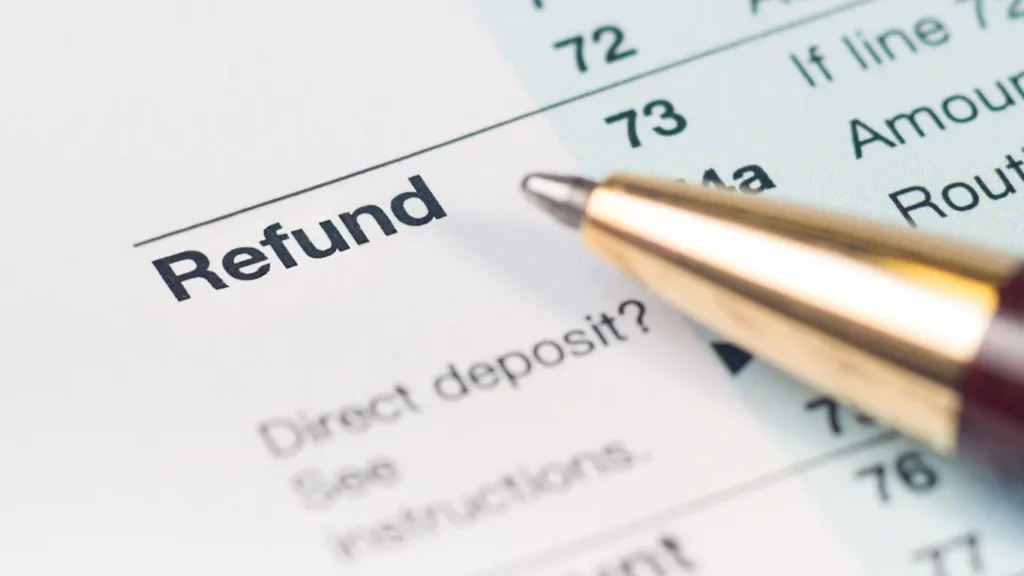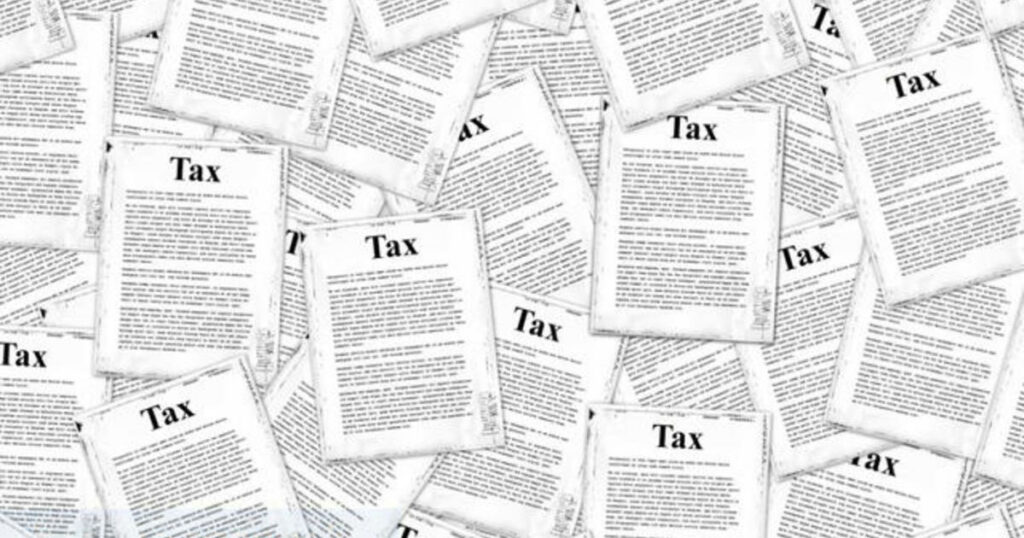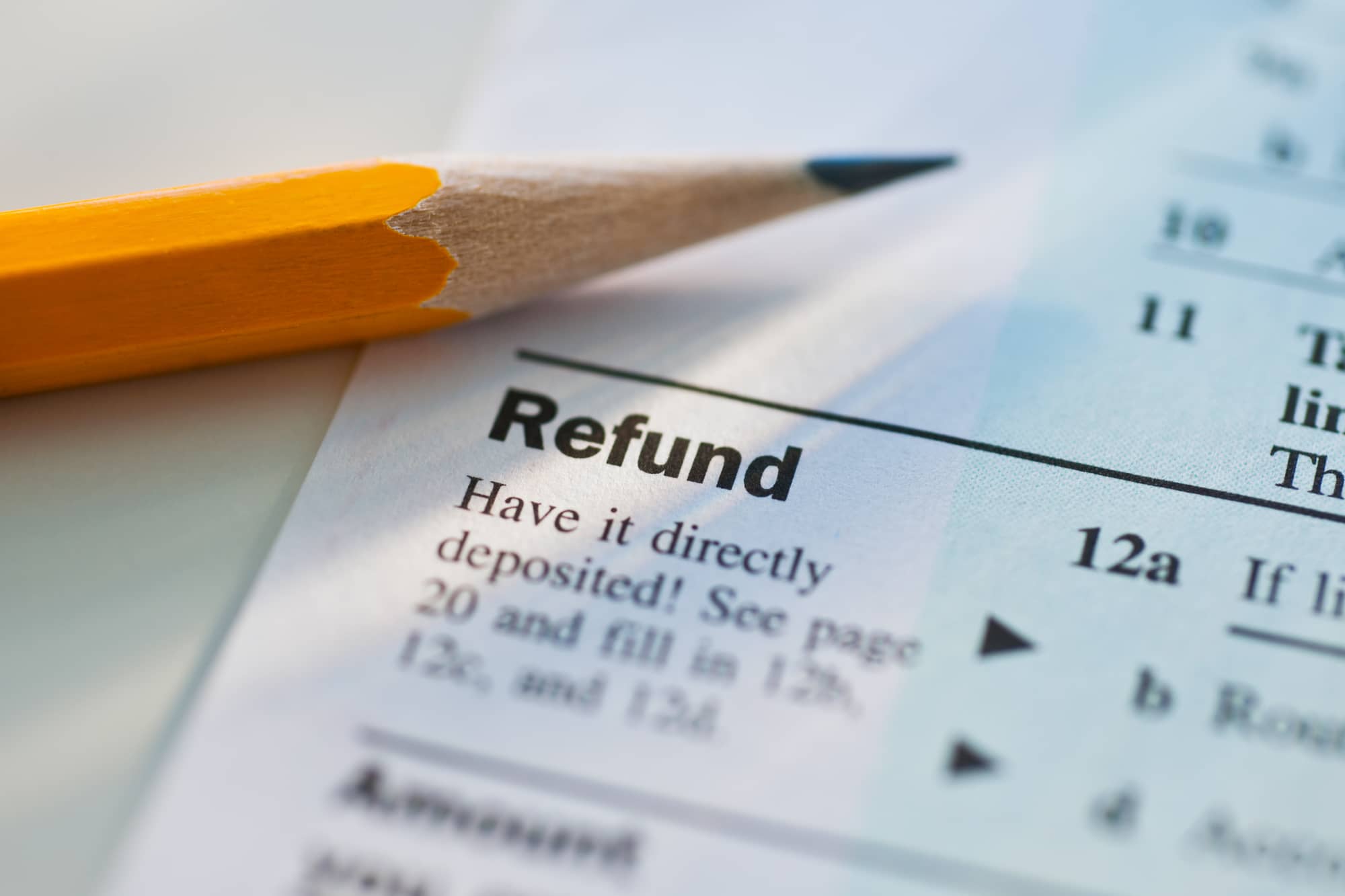
2023 tax season filing deadline is extended (Photo: USA TODAY)
The 2023 tax season officially started on January 23. For taxpayers who haven’t requested a filing extension, are serving in the military abroad, or don’t reside in a recognized disaster area, the season ends on “Tax Day,” April 18.
According to the Internal Revenue Service, certain taxpayers who took advantage of the postponed filing deadlines due to the COVID-19 pandemic will have more time to file tax refund claims (IRS). The IRS will release new deadline information in a statement on March 13.
Following the National Taxpayer Advocate’s (NTA) Erin Collins’ recommendation to Congress, the IRS announced that it would amend the “lookback period” for people to file tax refund claims for certain taxpayers who would have otherwise been denied past-year claims.
READ ALSO: Here Are 5 Ways To Advance Your Tax Refund 2023 And Avoid Delays

2023 tax season filing deadline is extended (Photo: CBS News)
Moreover, the IRS discussed discrepancies between dates “for filing a claim for credit or refund and the three-year lookback period caused by postponing certain filing deadlines for filing seasons 2020 and 2021” in Notice 2023-21.
To be eligible for a tax refund, any tax payments must be made within three years, plus any time granted as an extension. Because of the pandemic, the IRS pushed back filing deadlines to July 15 in 2020 and May 17 in 2021.
However, unlike traditional tax filing extensions, these pandemic postponements did not address the issue of extending lookback periods. As a result, many taxpayers may believe they have more time to file tax refund claims
For example, if a taxpayer used a postponement to file taxes until July 15, 2020, they would likely expect to have three years to file tax refund claim after that date. However, this is different. If that taxpayer does not file by April 18, 2023, they will be out of luck unless the IRS changes the lookback period.
Similarly, if the lookback period for 2024 is not extended, taxpayers who took advantage of the 2021 pandemic filing postponement will be denied refunds if they do not file by Monday, April 15, 2024.
Collins welcomed the IRS’s upcoming lookback period amendment, despite calling for permanent reform for future disaster relief postponements or similar circumstances. “Taxpayers will never know this was a potential problem because the IRS did the right thing and proactively fixed the lookback period to eliminate challenges and refund denials for taxpayers,” Collins wrote on the National Taxpayer Advocate blog.
READ ALSO: Maximize Tax Refunds: Here’s How




















